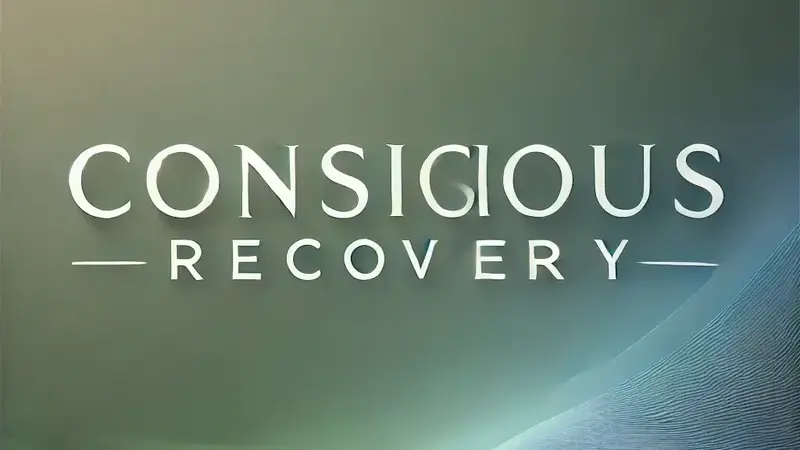In today’s fast-paced world, it’s crucial to make self-care a priority and nurture a mindset of self-care. Whether you’re on a path to recovery from addiction or simply striving for well-being, embracing recovery can be a valuable tool for personal development.
In this guest article, we’ll explore 9 practices that can empower individuals to approach their recovery journey with mindfulness and purpose. These practices are universal and beneficial for anyone looking to enhance their quality of life.
1. Practice Self-Reflection
Engaging in self-reflection is vital to recovery. Taking time to examine one’s thoughts, emotions, behaviors, and patterns fosters self-awareness. It is one of the first steps in conscious recovery and enables individuals to recognize triggers, vulnerabilities, and opportunities for growth. Through activities like journaling or meditation, one can gain insight into one’s landscape and progress toward healing with intention.
2. Cultivate Mindfulness
Mindfulness is another vital aspect of recovery. This practice emphasizes being fully present in the moment without judgment. By observing sensations in the body, thoughts, and emotions without attachment or being overwhelmed by them, individuals can cultivate clarity and resilience on their journey toward healing. Engaging in mindfulness practices, like breathing exercises or mindfulness meditation, can help bring a sense of calm amidst life’s many challenges.
3. Build Supportive Relationships
Creating a network of relationships is crucial for growth and recovery. Surrounding yourself with people who uplift and understand your journey provides support during difficult times. Consider joining support groups like Narcotics Anonymous (NA) or Alcoholics Anonymous (AA), participating in forums, or connecting with friends who share your values of well-being.
4. Establish Healthy Boundaries
Setting boundaries is key to recovery as it allows individuals to prioritize their mental, emotional, and physical well-being. Knowing when to say “no,” establishing limits in draining relationships, and standing up for oneself in an independent way is all part of setting boundaries. By enforcing boundaries, individuals can enhance their resilience factor while moving forward on their journey to recovery.
5. Practice Acceptance and Surrender
Embracing acceptance and surrender are aspects of the recovery journey that foster personal growth. Acceptance involves recognizing one’s circumstances without judgment and embracing imperfections while learning from mistakes. It entails accepting oneself with both strengths and weaknesses. Surrender and acceptance work together hand in hand. Letting go of the urge to control every aspect of life creates room for growth, healing, and change.
6. Embrace a Holistic Approach to Healing
Being mindful in recovery involves adopting healing methods that cater to aspects of your well-being. Physical activities like exercise not only enhance one’s health but also release feel-good endorphins. Seeking therapy or counseling equips you with tools for self-discovery and offers guidance in overcoming obstacles. Introducing practices such as yoga, meditation, breathwork, or energy healing can nurture the connection between mind and body.
7. Make Self Care a Priority
Self-care plays a role in the recovery journey by contributing to being effective across various dimensions: physical, emotional, mental, and spiritual. Engaging in activities that bring joy or relaxation helps recharge your emotional and social batteries while fostering self-compassion. Getting rest, eating nourishing meals, dedicating leisure time to hobbies, and spending quality moments with loved ones are some examples of self-care practices worth prioritizing.
8. Cultivate Gratitude
Practicing gratitude is a tool that shifts your focus towards positivity and boosts your well-being. Recognizing blessings, whether big or small, encourages an attitude of gratitude towards life’s challenges. Consider keeping a gratitude journal to reflect on the positives each day or show appreciation for those. Engaging in such activities brings a fresh perspective, helping to build emotional strength and satisfaction.
9. Embrace the Concept of Lifelong Learning
Another crucial aspect of recovery involves embracing the idea of learning. Approaching life with curiosity enables individuals to grow and evolve beyond their experiences. Exploring growth through books, workshops, or online courses can expand one’s knowledge and deepen self-awareness. By staying open to ideas and perspectives, individuals allow room for insights that can enhance their recovery journey.
Summary
Conscious recovery recognizes that healing and personal development are processes. By incorporating practices like introspection, mindfulness, nurturing relationships, setting boundaries, embracing acceptance, letting go of control, adopting holistic healing methods focused on self-care, expressing gratitude, and ongoing learning, individuals can quickly get their lives back on track.
These essential habits not only help individuals overcome obstacles but also lead to a purposeful life grounded in mindfulness and overall well-being. If you encounter any errors, feel free to contact our expert team on the Contact Us page.




